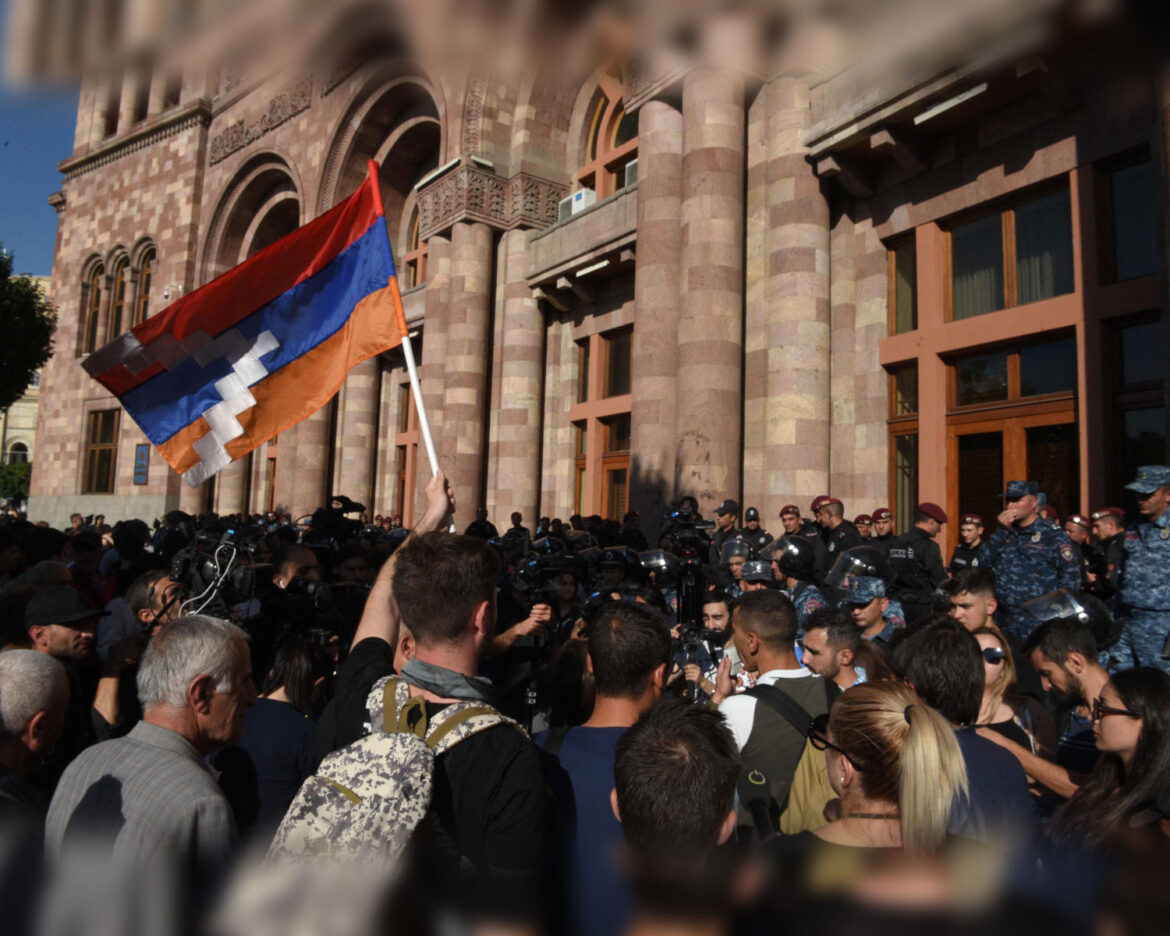Ceasefire in the Nagorno-Karabakh region remains intact as Armenian separatists yielded to Azerbaijan’s swift military offensive. Following Azerbaijan’s declaration of control over the disputed area, the two parties engaged in their first direct peace talks on Thursday.
Brokered by Russia, the ceasefire agreement compelled the separatists to disarm on Wednesday, temporarily halting Azerbaijan’s 24-hour offensive aimed at reclaiming long-contested territory. The two-hour peace meeting, conducted in the presence of Russian peacekeepers, was described by Azerbaijan’s presidency as “constructive and peaceful,” with both sides expressing willingness to continue negotiations.
Despite the truce, reports of gunfire emerged from the separatist stronghold of Stepanakert during the meeting. Azerbaijan denied violating the ceasefire, while the breakaway authorities accused them of doing so. Russia’s defense ministry reported “five ceasefire violations” in the areas of Shusha and Mardakert.
Hours later, during an emergency UN Security Council meeting, the foreign ministers of Armenia and Azerbaijan clashed over the situation. Separatists claimed that the crisis had resulted in approximately 200 casualties.
Armenian Foreign Minister Ararat Mirzoyan declared, “There are no more sides of the conflict, but perpetrators and victims. There is no more conflict, but the real danger of atrocity.” In response, his Azerbaijani counterpart, Jeyhun Bayramov, accused Armenia of spreading disinformation.
The capitulation of separatist forces marks a significant victory for Azerbaijan’s President Ilham Aliyev, who declared the restoration of sovereignty over the region. Armenia’s Prime Minister, Nikol Pashinyan, assured that the ceasefire was generally holding and did not perceive a “direct threat” to civilians.
The recent developments have triggered jubilation among Azerbaijanis, while in Armenia, pressure on Prime Minister Pashinyan has intensified due to the concessions made to Azerbaijan. Thousands of protesters gathered outside his offices in Yerevan, expressing concern for the fate of Karabakh’s Armenian population.
Despite the challenges ahead, Pashinyan emphasized the importance of pursuing peace with Armenia’s arch-rival. “This path is not easy,” he acknowledged. “It goes through internal and external shocks, and we must pursue it.”
In recent history, Armenia and Azerbaijan have engaged in two wars over Nagorno-Karabakh, resulting in tens of thousands of casualties and the displacement of hundreds of thousands. The current situation has raised concerns about a potential refugee crisis as Karabakh’s Armenian population fears displacement. The fragile ceasefire remains a glimmer of hope in a long-standing conflict fraught with complexities and deep-rooted grievances.



